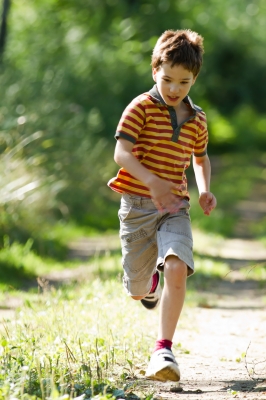
How to Help Your Kids be Grateful and Appreciative
The holiday season is one of the times we talk to our kids* about the importance of being thankful for all the wonderful things in their lives. From happiness and health, to family and friends, learning to be grateful for life’s gifts is a powerful lesson that will benefit them years to come. To offer you a bit of guidance from things we’ve found useful, here are some of our suggestions on how to help your kids be grateful and appreciative.
- Incorporate gratefulness into the daily routine – Weaving appreciation into normal, everyday conversation can help build a lifelong foundation. Saying “please” and “thank you” are of course important, but you can also reinforce the attitude by having a special part of the day, maybe at dinnertime or bedtime, where you talk about all of the good things that happened during the day and what they’re grateful for. We have found focusing on gratitude is a saving grace when things are down and dark, especially. In our family, it’s like the oil that makes the engine of life run smoothly.
- Have kids help out with chores – They may not be thrilled about the idea and the tasks might take a little longer, but having the kids help out with household chores like clearing the table, feeding the pets or raking leaves, teaches them to appreciate the effort that these activities require and how to feel good about taking responsibility for their own family and home.
- Practice saying no – While the gift-giving season and potential meltdowns can make this one a tough lesson to practice, saying no to constant demands for toys can help teach children to be grateful for the gifts they do receive and to not take for granted that they get everything they ask for.
- Participate in goodwill activities together – While volunteering is a great way to develop gratefulness, you don’t have to take your kids to a soup kitchen every week. Practice small gestures of goodwill together, like making cookies for a sick neighbor, that will demonstrate how kind gestures benefit others. When he was in grade school, we took our son, Otis, on rounds delivering Meals on Wheels and it really opened his sense of compassion for people.
- Write thank you notes together – Make sending thank you notes and thoughtful e-cards to friends and loved ones a part of your family’s regular routine. The act of writing a thank you note can help kids feel more grateful for the gifts they’re given. We try to teach our kids that this is a tool for making loving family relationships over time.
Keep in mind that learning to be grateful and appreciative won’t happen overnight with kids, but incorporating these activities into daily family life will help instill the habit of thankfulness for their lifetime. What are some of the ways that you help to teach your own kids to be grateful?
*Our long time members will remember pictures of Oliver in the Dancing Baby ecards and you will all be shocked to know he is getting taller than I am at the mere age of 10!
